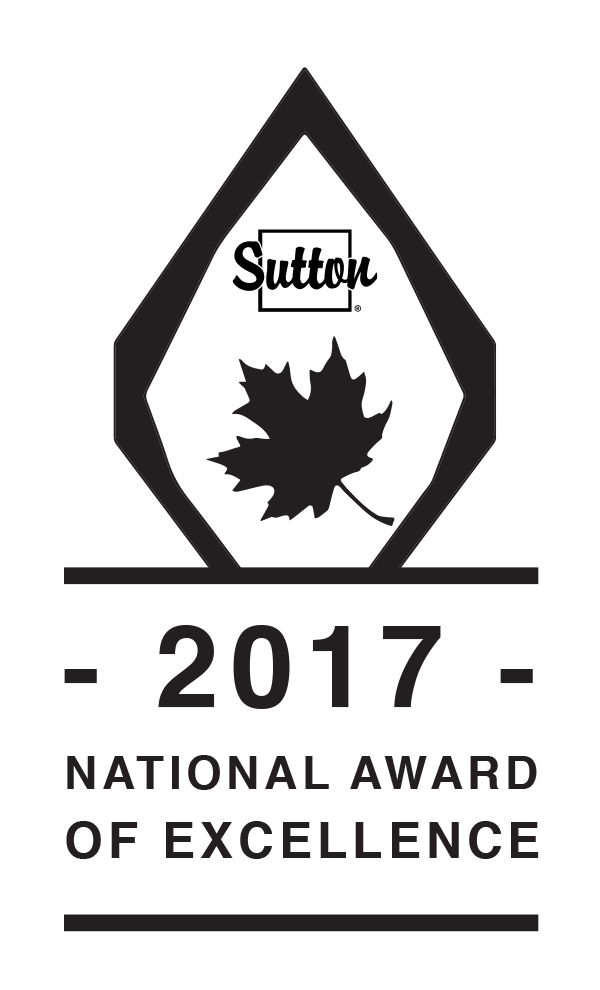This has been a tough winter. Temperatures are constantly below -5°C to -10°C. Storms and blizzards have arrived, and snow is already piling up. That being said, it is time to pay more attention to that winter maintenance checklist. Extreme temperatures and weather conditions can cause real damage to your home, but these winter maintenance tips can help you prevent long-term damage and costly repairs down the road.
1. You can be fined for not cleaning the snow
Most municipalities have regulations and by-laws that make mandatory the removal of snow and ice. It is often required by law to remove snow and deice sidewalks, walkways and driveways within 24 hours of a snow event. However, shoveling snow away from your property can also save you a lot of trouble in the future. Because snow will eventually thaw, removing snow from the perimeter of your home’s foundation helps prevent potential flooding and water damage. It is especially important that you shovel snow away from areas such as basement windows, basement entrances, and concrete steps, which are more prone to water damage.
2. Prevent ice dam formation
Ice dams on the roof or gutter can be a real danger. They trap melted snow and water underneath their surface, which can cause leaks and water damage at different levels of your property. If ignored, ice dams can damage the roof shingles, the gutters, the attic, the wall cavity and even the foundation of your home. They also prevent ventilation of your home by blocking external vents, and lead to formation of hazardous icicles along the roof edges. Clean snow frequently, and install snow melting devices in the roof to reduce chances of dam formation.
3. Watch those pipes
Severely cold weather and extremely low temperatures may cause water pipes to freeze and later burst, which can cause severe water damage to your home. To prevent pipes from freezing keep your home as warm as possible and allow for circulation of air within your home (especially in the areas where pipes are located). Also, insulating exposed pipes prevents corrosion due to condensation, and extends the life of the water pipes. Another good habit is to run water frequently through the pipes, which lowers the chances of ice formation. If the pipes are frozen, turn the water supply off, and try defrosting via a hairdryer, hot water bottle, or increased room temperature to prevent bursting and water damage.
4. Prevent excessive condensation
Excessive moisture levels can cause significant damage to your home, and pose several risks to your health. Leaks and condensation can cause mold formation, structure damage, rotten window-sills, gypsum damage, water pooling, floor damage, wall stains etc. To prevent excessive moisture and moisture-related damages use dehumidifiers and fans to control air flow and air moist. Proper insulation, air circulation and ventilation can all help prevent leaks and condensation. Check your house continuously for any signs of excessive moisture, and address the issues immediately to avoid major damages.





